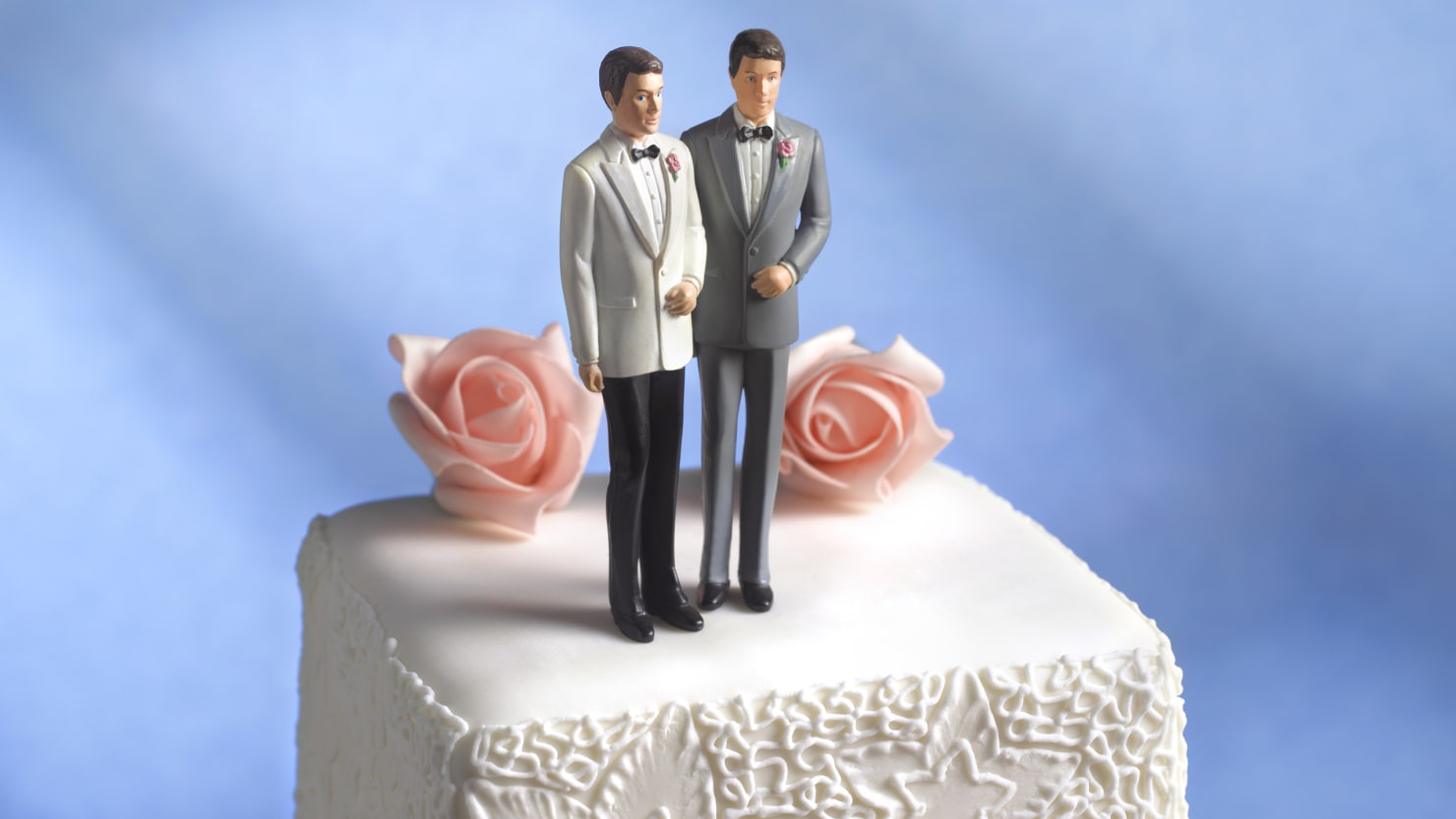Masterpiece Theatre
Everyone was waiting for the blockbuster, but it wasn't even a firecracker. Which is why there's not much to say about the Masterpiece Cakeshop decision handed down yesterday by the Supreme Court. (It may also be why it wasn't the last decision of the term, which of often saved for the biggest and most controversial.)
The question was, or seemed to be, can a bakery be forced to make a cake for a gay wedding, even if the baker opposes the ceremony. There's no question you can't be forced to support gay marriage in your private life, while Colorado civil rights law was clear you can't discriminate against customers on the basis of sexual orientation.
There were two main First Amendment arguments made by the baker:
--his freedom of speech allowed him to turn the request down, because it would be compelled speech. (Part of the question is whether making such a cake is an expressive act--there could be words on the cake, and the cake itself arguably expresses support for something).
--his free exercise rights meant he couldn't be forced to make a cake that went against his beliefs.
The Court decided neither. Justice Kennedy's majority opinion, joined by Roberts, Alito, Breyer, Gorsuch and Kagan, sliced the cake pretty thin, declaring the Colorado Civil Rights Commission ruling against the baker didn't respect neutrality toward religion. It is true the Commission's review of the case was pretty hostile toward the baker's religious arguments, and very different from how they treated other exemptions.
So it's understandable that two of the Court's liberals joined in the decision. In case there was any misunderstanding, Kagan, joined by Breyer, wrote a concurrence noting how narrow the decision was.
Meanwhile, Thomas, who didn't sign the majority opinion, wrote a concurrence, joined by Gorsuch, saying the Court didn't get to the main arguments of free speech and free exercise, and he would have found for the cakeshop on those grounds. Ginsburg, joined by Sotomayor, dissented, stating the Commission did nothing illegal.
It's uncertain how the Court would have decided on the two main grounds that had been argued. I think we can be pretty sure where the four liberals would have stood, but some of the conservatives--let's name them, Kennedy and Roberts--were probably far less certain and happy enough to punt.


0 Comments:
Post a Comment
<< Home